For over 75 years, UBC's Department of Pathology & Laboratory Medicine has been at the forefront of medical discovery, education, and patient care. Founded in 1949 as one of the original departments in UBC's Faculty of Medicine, we have grown into a powerhouse of innovation - from electron microscopy in the 1950s to genetic pathology in the 2000s. As the only academic pathology department in British Columbia, we serve a province of over 5 million people with dedication and excellence. With 6 Canada Research Chairs, 7 Fellows of the Royal Society of Canada, and 7 Fellows of the Canadian Academy of Health Sciences, our faculty have been recognized with the nation's highest scientific honors. Join us in celebrating our rich history and exciting future during Laboratory Week 2025!
Our Journey Through Time
Founding Legacy
UBC opens its Department of Pathology under the leadership of Dr. William Boyd, a world-famous author of pathology textbooks. Boyd brings an extensive collection of pathology specimens to UBC, creating a teaching museum that has trained generations of medical students and inspired pathologists globally.
Pioneering Technology & Education
The department launches its first graduate-level training in "Experimental Pathology" and introduces advanced pathology courses, marking the beginning of the MSc/PhD graduate programs. In 1959, the department acquires one of Canada's first electron microscopes, ushering in a new era of ultrastructural pathology research and diagnosis.
Curriculum Revolution
Dr. David Hardwick takes charge of the UBC MD undergraduate pathology course and dramatically restructures it into a formalized program. His integrated approach to teaching pathology to medical students – emphasizing causes of disease and clinical correlation – becomes a model that endures for over 30 years.
Residency Training Advances
Dr. W. Lawrie Dunn becomes Head of Pathology and overhauls the residency training program. He introduces a rigorous, hands-on mentorship style, personally spending countless hours preparing residents for their exams. Under Dr. Dunn's guidance, UBC's pathology residencies flourish, producing graduates with superb diagnostic skills.
Graduate Program Expansion
The graduate (MSc/PhD) program expands significantly with new specialized graduate courses such as PATH 512 (Chemical Pathology) and PATH 515 (Experimental Pathology). This diversification attracts a growing cohort of graduate students and future scientists who would go on to become prominent researchers and faculty.
New Leadership
Dr. David F. Hardwick becomes Department Head (1976–1990). Under his bow-tied leadership, the department thrives in pediatric pathology and clinical pathology research, and he fosters collaborative links across institutions. He later receives an honorary Doctor of Laws in 2001 for his visionary leadership.
BMLSc Program Launch
The Bachelor of Medical Laboratory Science (BMLSc) undergraduate program is established as a joint initiative with the BC Society of Medical Laboratory Science. Founding educators – including Prof. Charles Culling, Dr. Donald McLean, Dr. Philip Reid, and Dr. David Hardwick – design the curriculum to broaden career opportunities for lab professionals.
First BMLSc Graduates
The first BMLSc class graduates from UBC Pathology, earning the department's inaugural undergraduate degrees in laboratory science. From this modest start, the program grows to enroll ~40 students per year by the 1990s, producing hundreds of alumni who become leaders in clinical laboratories, research, and healthcare management.
Distance Education & Residency Programs
UBC Pathology pioneers distance education in laboratory science under Dr. Philip Reid's guidance. The department's residency training programs also attain a full spectrum of specialties and national accreditation, offering Royal College-approved training in multiple pathology specialties with dedicated program directors and faculty educators.
Quality Management Education
The Program Office for Laboratory Quality Management (POLQM) is created by Dr. Michael Noble, launching an innovative Certificate Course in Laboratory Quality Management (LQM). The course quickly gains national and international reach, positioning UBC as a leader in continuing education for laboratory medicine on a global scale.
Pioneering Cancer Genetics
The department opens the Genetic Pathology Evaluation Centre (GPEC) at Vancouver General Hospital, a joint venture with BC Cancer spearheaded by Dr. David Huntsman. Using high-throughput tissue microarray technology, GPEC allows UBC researchers to test hundreds of tumor samples at once to discover and validate cancer biomarkers.
Infection Prevention Education
The department introduces the Infection Prevention and Control (IPC) Certificate, a professional development program jointly offered with UBC's School of Population and Public Health and Vancouver Coastal Health. To date, over 120 healthcare practitioners have been certified, improving patient safety in hospitals and communities.
Ovarian Cancer Breakthroughs
Dr. David Huntsman and his UBC team make a landmark discovery, finding that a gene called ARID1A is frequently mutated in aggressive ovarian cancers. The OvCaRe team also introduces fallopian tube removal during hysterectomy as a cancer prevention strategy – a world-first public health policy later adopted internationally.
National Recognition
Dr. James Hogg receives the Canada Gairdner Wightman Award – the nation's highest scientific honor – for his lifetime contributions to understanding lung disease. Dr. Judy Isaac-Renton becomes the first Canadian to win the American Society for Microbiology's Public Health Award.
Competency-Based Education
UBC's pathology residency programs embrace Competency-by-Design (CBD), a ground-breaking innovation in medical education. All incoming pathology residents begin training under the CBD framework as mandated by the Royal College, reaffirming the department's forward-looking approach to training the next generation of pathologists.
COVID-19 Response & BMLSc Legacy
When COVID-19 strikes, UBC's pathology experts lead the response with Dr. Mel Krajden developing a validated diagnostic test within 10 days. In 2021, the BMLSc program celebrates its 40th graduating class, highlighting the program's legacy with over 675 alumni who have gone on to diverse and impactful careers.
Global Educational Impact
The Laboratory Quality Management (LQM) certificate program marks its 20th anniversary with a truly global impact. Since its inception in 2003, the LQM course has trained 542 graduates from 23 countries in quality management and accreditation standards, illustrating UBC Pathology's international reach in professional education.
Recognition of Excellence
The BMLSc program team wins UBC's President's Staff Award for Collaborative Excellence. With 6 Canada Research Chairs, 7 Fellows of the Royal Society of Canada, and 7 Fellows of the Canadian Academy of Health Sciences, the department continues to lead in pathology research, education, and clinical service locally and globally.
Excellence in Action
Research Impact
Ranked #2 in Canada and #28 globally out of over 5,700 university pathology departments for research performance. Our department attracts over 9% of all research funding in UBC's Faculty of Medicine, a testament to our groundbreaking work.
Breakthrough Discoveries
The discovery of ARID1A mutations in ovarian cancer and pioneering "opportunistic salpingectomy" for cancer prevention have transformed women's health worldwide. Our researchers continue to make impacts in cancer genomics, cardiovascular health, and infectious disease research.
Educational Excellence
Our BMLSc program has trained over 675 laboratory professionals since 1982. From the Competency-by-Design residency framework to our internationally recognized Laboratory Quality Management and Infection Prevention Certificate programs, we maintain a tradition of educational innovation.
Province-Wide Impact
As the only academic pathology department in British Columbia, our 300+ clinical faculty are embedded in six major hospitals and centers across every health region in BC. Our public health leadership through the BCCDC has protected millions, especially during the COVID-19 pandemic.
Renowned Expertise
Our faculty includes 6 Canada Research Chairs, 7 Fellows of the Royal Society of Canada, and 7 Fellows of the Canadian Academy of Health Sciences. With numerous prestigious awards including the Gairdner Wightman Award, we continue to lead in pathology research and education globally.
Global Leadership
From Dr. Hardwick's international pathology education initiatives to our Laboratory Quality Management program with graduates from 23 countries, our impact extends far beyond British Columbia. Our work shapes clinical practice, research directions, and public health policy worldwide.
Our Leadership Through the Years
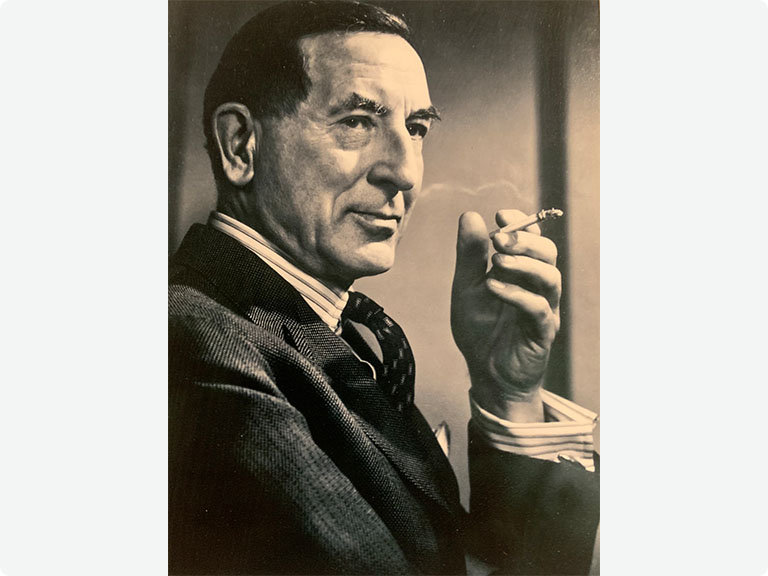
William Boyd
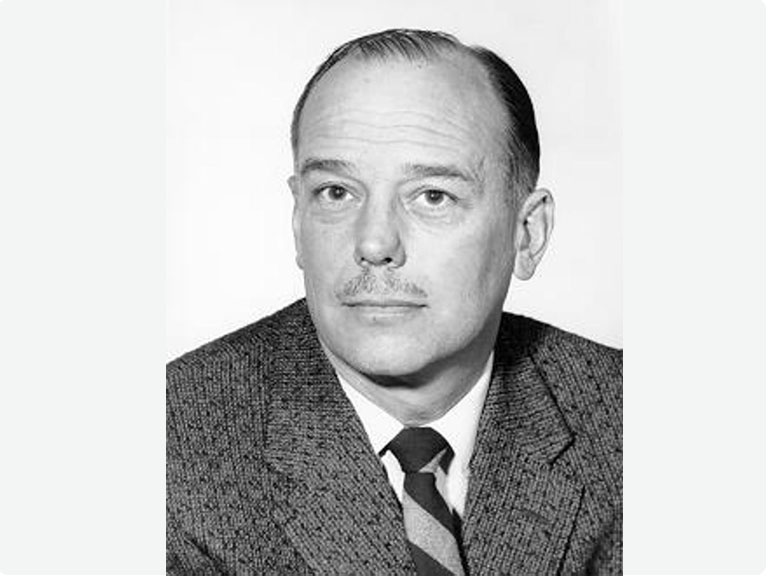
Harold E. Tyalor,
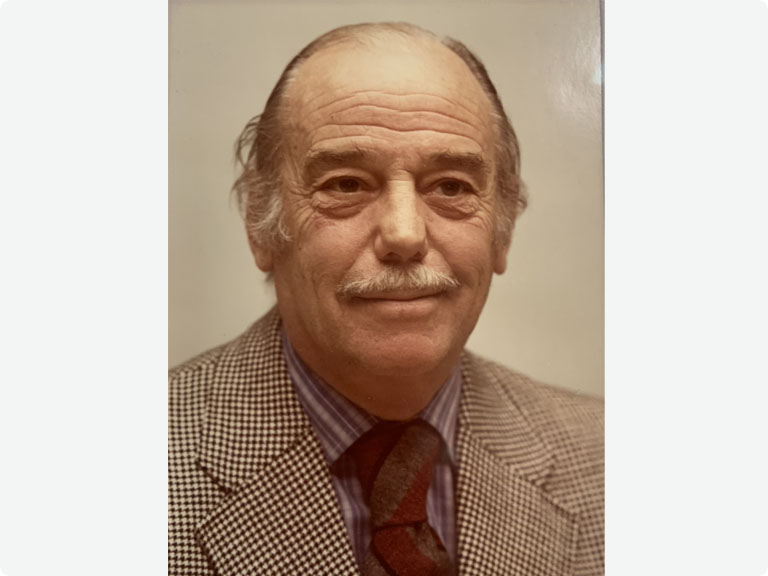
William Lawrie Dunn
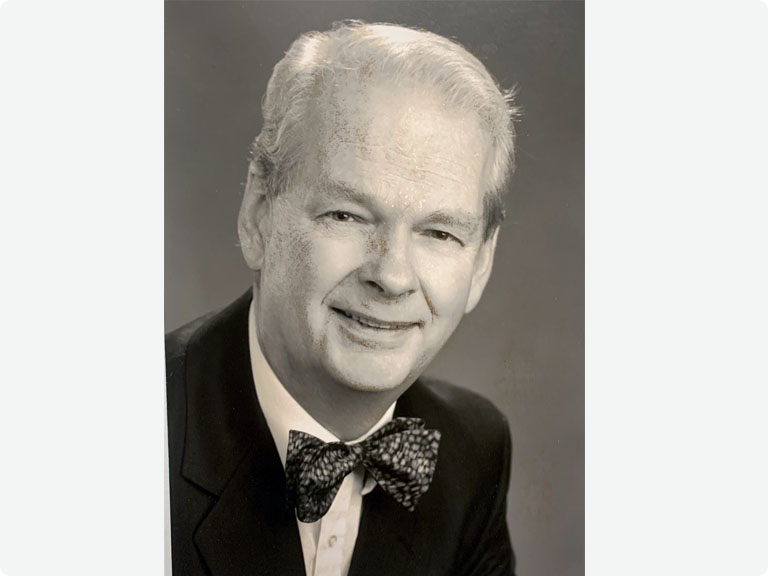
David F. Hardwick
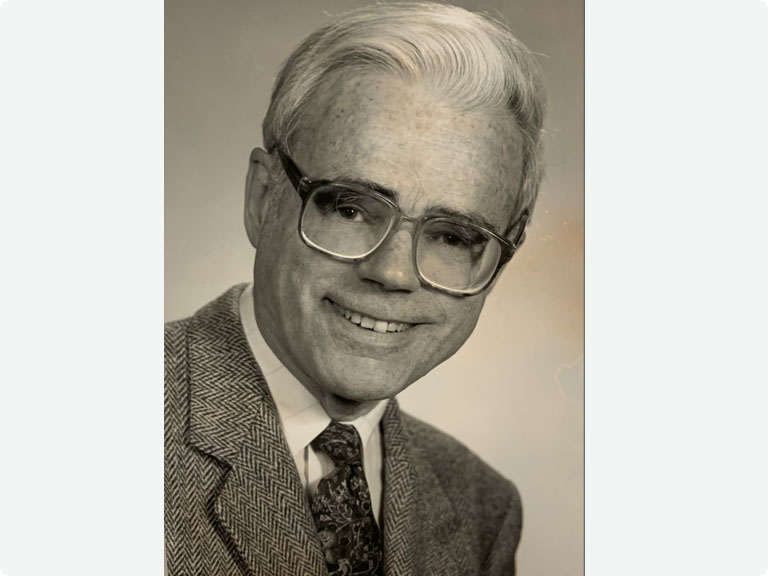
Willam H. Chase
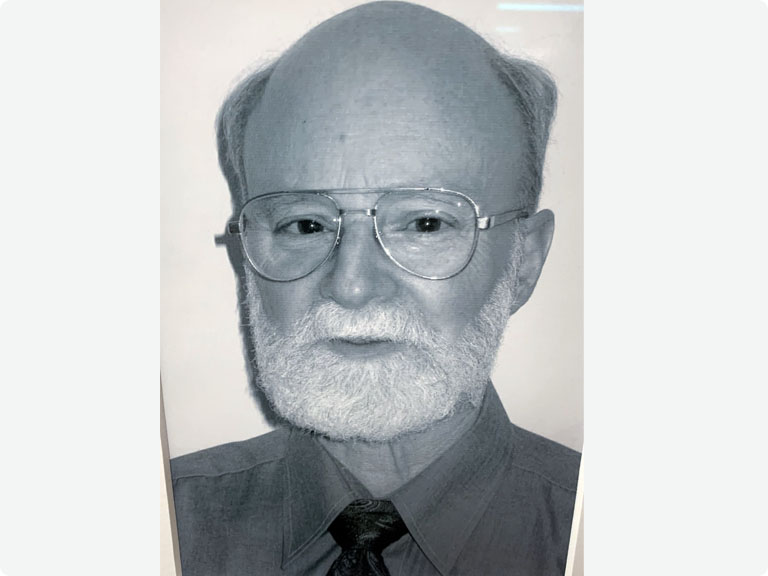
Andrew Churg
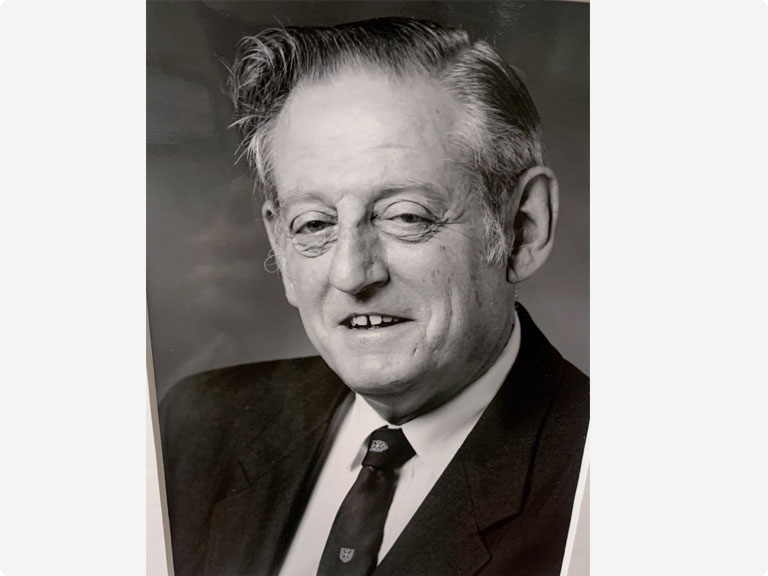
Philip E. Reid

Bruce M. McManus
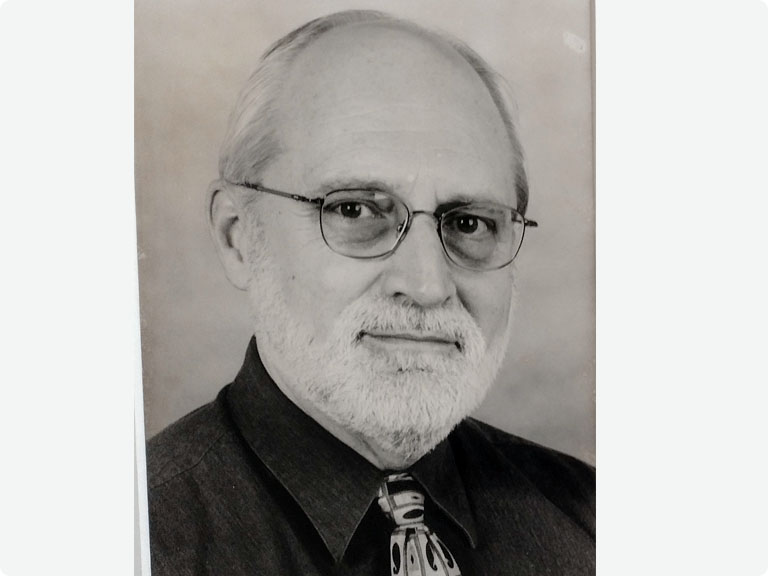
James E. Dimmick

Richard G. Hegele
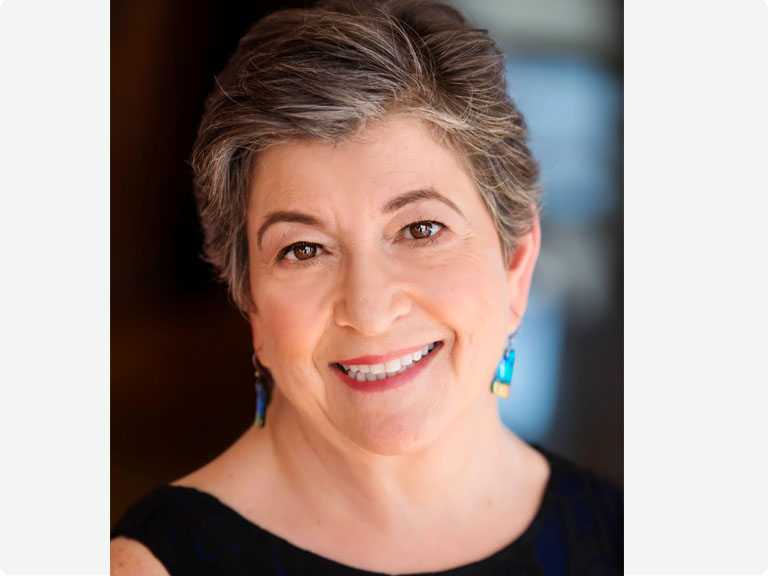
Gillian Lockitch

James Cullen
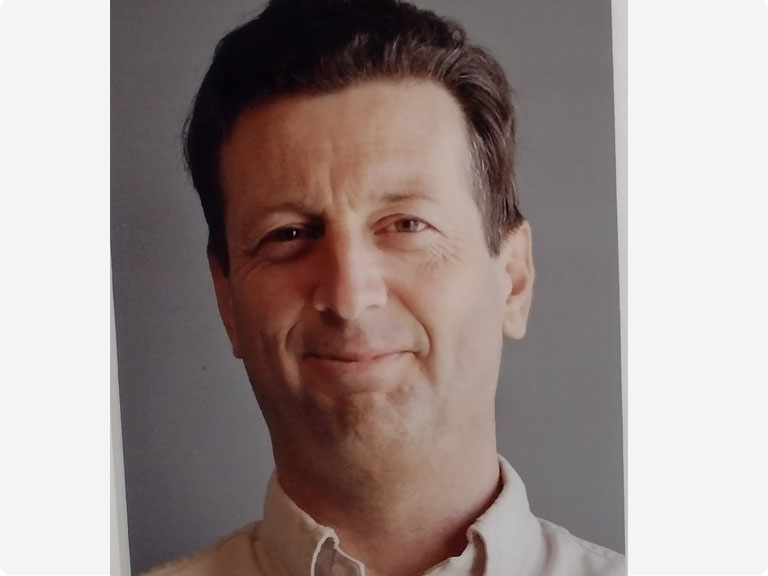
Blake Gilks
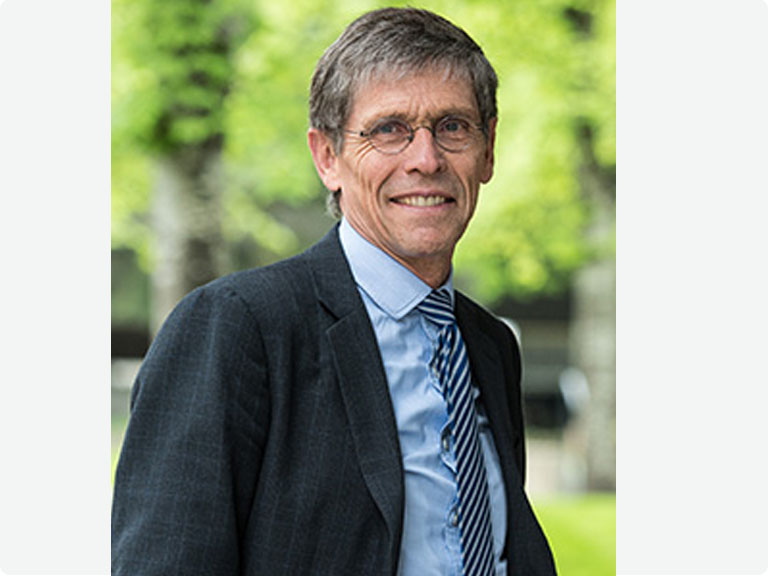
Michael Allard
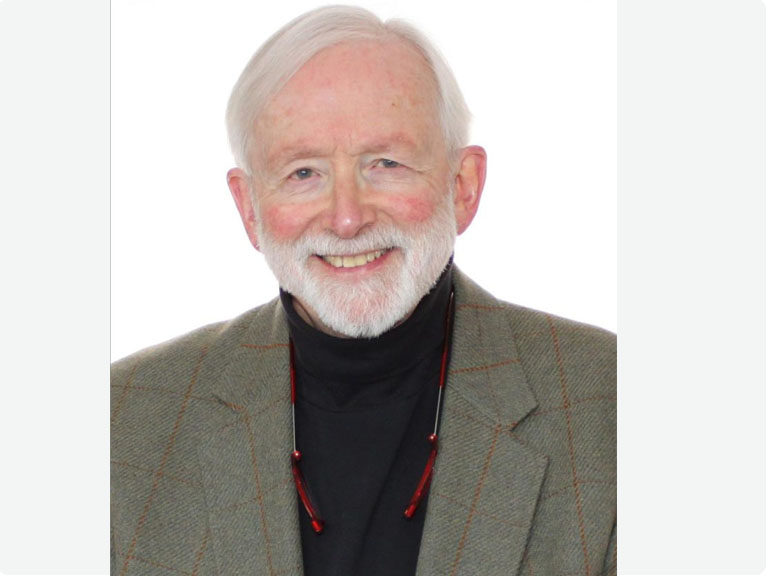
Donald Brooks

Zu-hua Gao
Our Community & Culture
The UBC Department of Pathology & Laboratory Medicine is more than just a workplace—it's a dynamic community where serious science meets a fun, supportive culture. Our team includes Canada Research Chairs, Fellows of the Royal Society of Canada, Fellows of the Canadian Academy of Health Sciences, Gairdner Award winners, and recipients of the Order of British Columbia. Together, these award-winning scientists, dedicated educators, and talented staff collaborate to advance healthcare and train the next generation of laboratory professionals.
From student-led trivia nights to mid-week "art in the lab" socials, we foster an environment where creativity and scientific excellence go hand in hand. During National Medical Laboratory Week, you might find us engaging colleagues and the public with interactive demos and lab-themed games that showcase the vital work happening behind the scenes in medical laboratories.
Our community extends across six major hospitals and centers – including Vancouver General, St. Paul's, BC Cancer, BC Children's & Women's, and the BC Centre for Disease Control. This province-wide presence enables us to translate discoveries directly into better patient care and stronger public health protection.